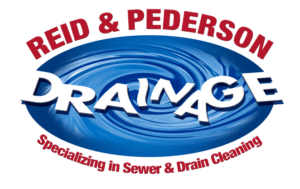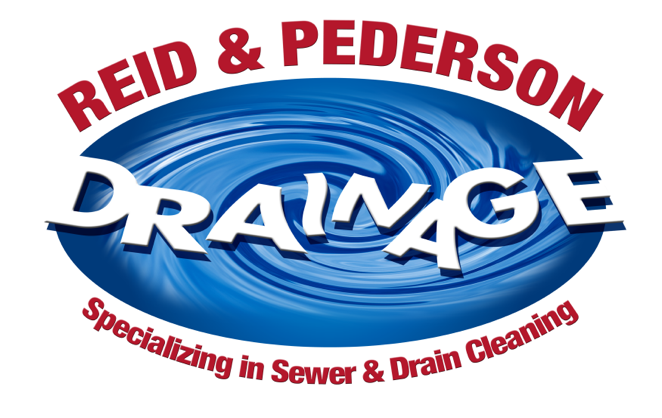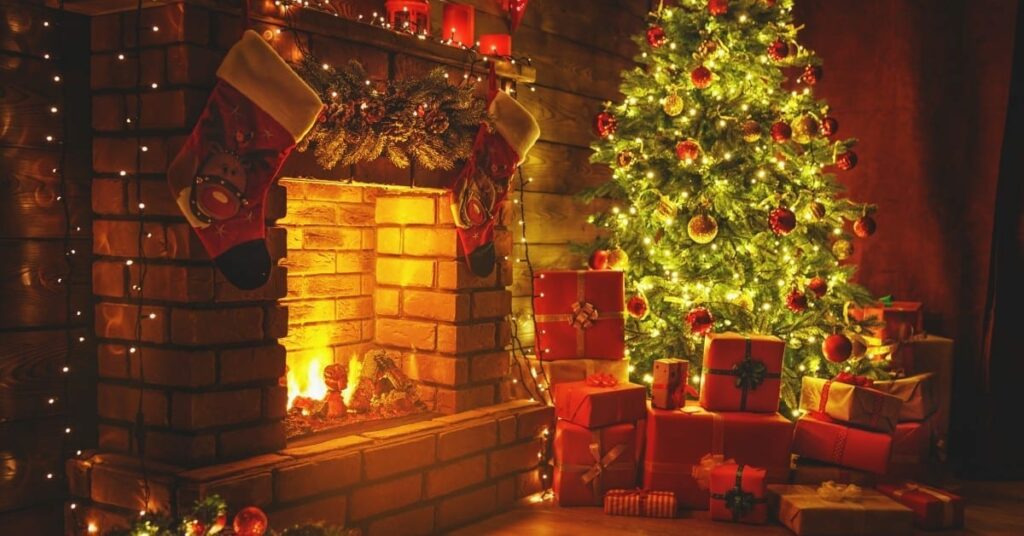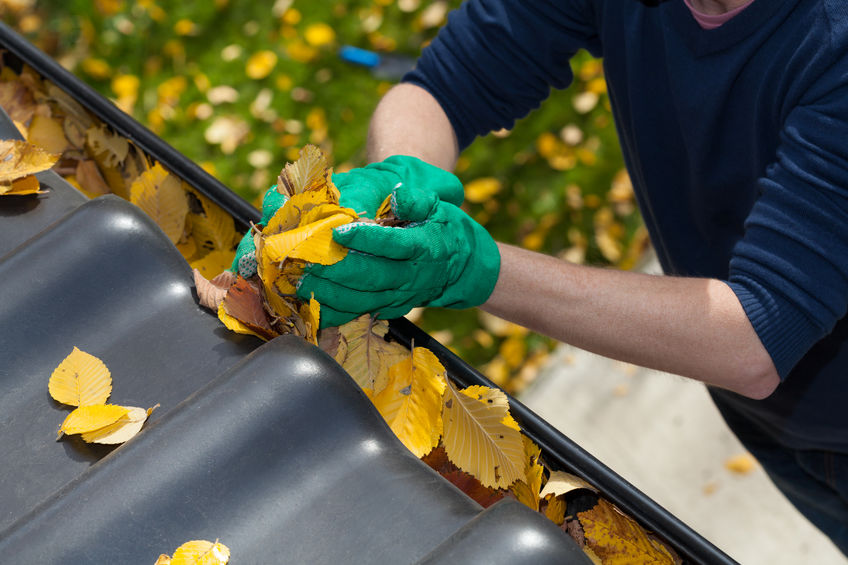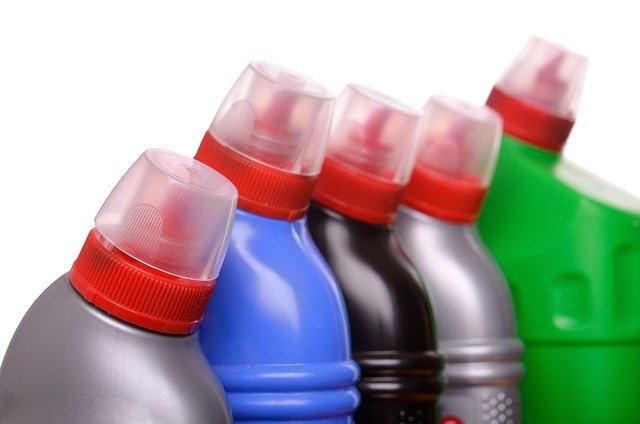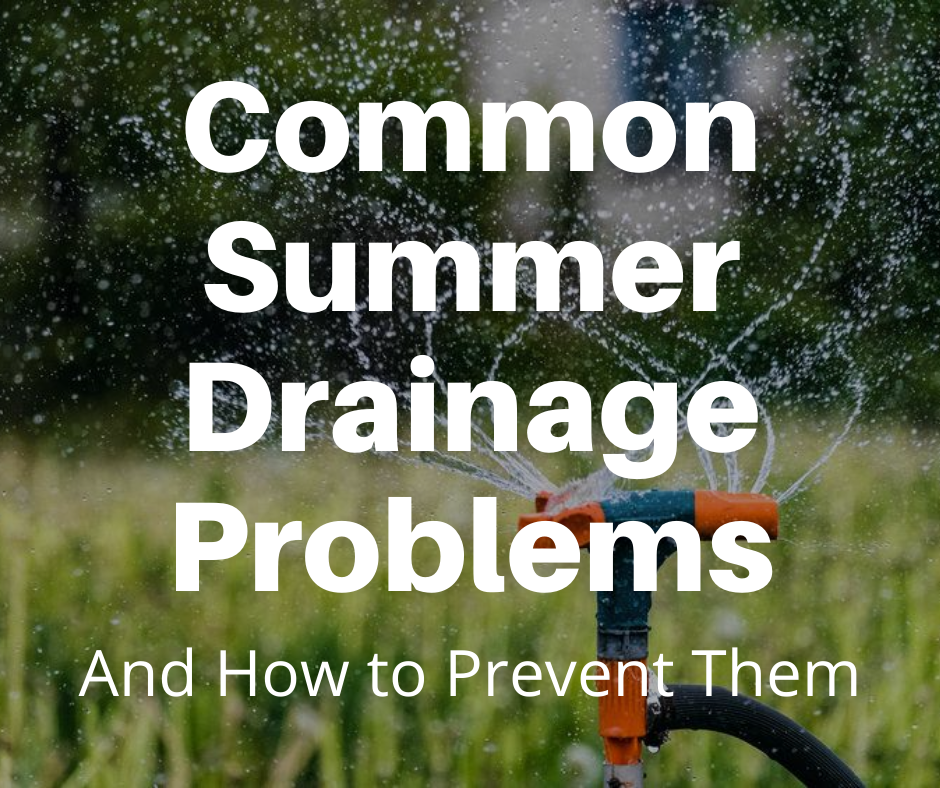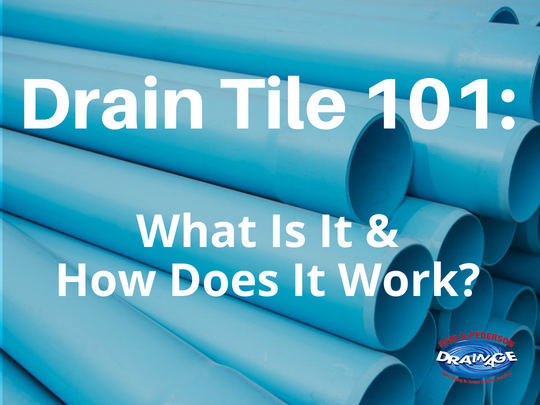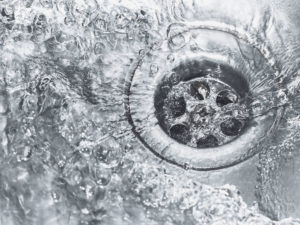
If you’re looking to infuse more eco-consciousness into your day, there’s more to do than adjust your HVAC system and watch your energy consumption. You can also focus on getting your drains clean and fresh with an eco-friendly approach!
Here’s a look at some of the best tips, strategies, and services (courtesy of our Crete drain and sewer experts!) to get your drains in good working order without harmful chemicals and negative environmental impact.
The Downside of Chemical Drain Cleaners
Chemical drain cleaners can be effective but they come at a steep cost to your plumbing, drainage system and the environment. These corrosive drain cleaners are considered a hazardous substance and can poison you and your family, not to mention pets, water systems, lakes, and everything they touch. It’s estimated that around 3,00 injuries per year are related to drain cleaners and one-third of these are related to cutaneous burns. Using these products is not worth the risk!
Understanding Your Drainage System
There are a few types of drainage systems on the market. In most cases, your home’s drainage system works with the help of gravity and a slight downward slope of pipes to carry wastewater away from your home, through your pipes, and into the sewer. The waste eventually flows to a sewage treatment facility or a septic tank.
Drains may seem like they work effortlessly where everything washes away, but they need regular cleaning and maintenance to avoid clogs. When too much grease goes down your pipes, it can stick to the walls of your pipes and develop stubborn clogs. Other materials, such as food waste, hair, foreign objects, and debris, can also cause clogs. Once a clog starts, everything that goes down your pipe can get caught in it and create a larger blockage.
Over time, clogs can damage your pipes or cause leaks and break-downs. It’s also not uncommon for clogs to form deeper in your sewer lines and cause a backup of dangerous wastewater that suddenly appears in your sinks, showers, and bathtubs. At this point, you have a full-blown drain emergency that needs immediate attention.
Even without wastewater buildup, drains can develop bacteria and viruses and need to be addressed immediately. You’re not only risking the integrity of your plumbing, drainage and sewer systems, but also your and your family’s health.
Natural Alternatives to Chemical Cleaners
Fortunately, there are plenty of natural drain cleaners out there that cost almost nothing. Here are a few easy DIY drain cleaning solutions to get started:
- Boiling water: Pouring a pot of boiling water down your drains periodically, especially after anything may have slipped down, can help break up new clogs.
- Vinegar and baking soda: Mix equal parts vinegar and baking soda and pour it down your drain. Let it sit for about half an hour to an hour before pouring a pot of boiling water down the drain.
- Baking soda and salt: Mix 1/2 cup table salt and 1/2 cup baking soda together and pour it down the drain. Let the solution sit for about 30-minutes and wash it away with a pot of boiling water.
For mild clogs, these all-natural drain cleaners can work as effectively as the harsh chemicals you may be used to. But for anything stubborn, you need a professional to unclog and clean your drains.
Preventative Measures for Drain Health
One of your best defenses against clogged drains is to prevent them from happening in the first place. Here are some tips to minimize your clogs and stay on top of blockages:
- Use only chemical-free drain cleaning solutions
- Buy a few inexpensive drain strainers
- Dispose of cooking grease or oil in a jar and throw out when full
- Avoid flushing unused medications, coffee grounds, or eggshells down drains or toilets
- Remind your family and any guests not to let food and foreign objects go down drains
Exercising mindful drain disposal practices keeps you from compromising the integrity of your home’s plumbing. The goal is to only allow a small amount of intentional waste to go down your drains.
Regular Maintenance Practices
Drain maintenance is simple and a proactive approach to good home hygiene habits. Pour a hot pot of water down the drains and follow up with cold water. It’s also a good idea to combine your solution of one part boiling water with one part vinegar and baking soda. Both of these drain maintenance techniques can be used once a month, or after an especially heavy day of cooking and entertaining.
At Reid & Pederson Drainage, we also offer routine drain and sewer maintenance to help keep your drainage system in tip-top shape!
Professional Eco-Friendly Drainage Solutions
At some point, even the most proactive drain maintenance habits may require professional intervention. Habitually slow or clogged drains, odd odors and gurgling sounds are signs of drainage troubles.
Call our drain and sewage specialists at at Reid & Pederson Drainage anytime you’re dealing with standing water or your sewer is backing up. If something just seems off with your drains and you can’t pinpoint what it is, don’t leave it up to chance. Give us a call and we’ll get there as soon as we can to address the problem and get your home back in good working order.
Our team offers reliable sewer and drain cleaning that you can’t get in a bottle of harsh chemicals, including:
- Sewer Rodding
- Drain Rodding
- Hydro Jetting
- Precision Cleaning
- Overhead Sewer and Drain Cleaning
All of our green drain and sewer practices rely on natural methods, such as breaking up clogs with rods or a concentrated stream of water and flushing clogs away. We also offer a ZipDrain service to clean and jet your overhead sewer without making a mess and get your lines running cleanly again.
Impact of Eco-Friendly Practices on Home and Environment
When you focus on environmentally friendly drain care and maintenance, you put less strain on your pipes. As harsh chemical cleaners are corrosive, they end up damaging your pipes and causing leaks. Beyond the health of your home and avoiding ingesting these chemicals yourself, switching to eco-friendly drain solutions means a cleaner environment. You’re no longer pouring harsh chemicals down the drain that end up in local waterways, streams, and in wildlife habitats.
Switching to eco-friendly drain cleaning is also an opportunity to look at the hygiene habits around your home. You can make natural cleaners with bakign soda, vinegar, and essential oils. For example, lavender and lemon oil are natural astringents and cleaners that don’t contain toxic chemicals like phthalates or chlorine beach. A little olive oil, vinegar, and essential oils can also kill bacteria while polishing up the shine of floors and wooden furniture.
Get Eco-Friendly Drain Cleaning from Reid & Pederson
Switching to an eco-friendly drain maintenance and tidying up your home doesn’t need to be complicated or expensive. You can take a proactive approach by keeping drains clear of debris, grease, grime, egg shells and more to avoid problematic clogs.
But when you do experience clogs and slow drains, it’s important to call the team at Red & Pederson Drainage. We’ll get your drains cleaned and break down stubborn clogs to restore the health of your drainage system. Call us today!
South Suburbs
NW Indiana
Want to read more of our expert tips? Check out our blog!
